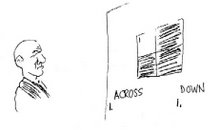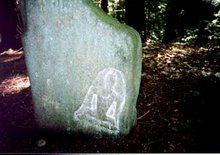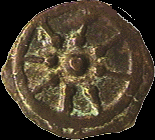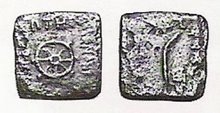A Kesa is a symbolic robe made from discarded sheets once used to wrap bodies before cremation. These were found along the banks of the Ganges River, where the dead were cremated and the soiled sheets discarded. A kesa made in this way represents the transformation from the lowest of fabrics to the most holy (sacred). It's a kind of spiritual alchemy for the cloth.
A Kolomo is a wide sleeved monk's robe. Traditionally the kolomo is hand made from the cheapest material - hemp cloth - that has been discarded. The kolomo is very personal to the monk since each monk stitched the patches of hemp cloth (a coat of many colors) together and died it in indigo (indigo aigi or kasane aigi).
"The Joman period (before 300 A.D.) had kimono which were made of hemp and were loosely fastened with no distinction between male and female clothing."
Kasane aigi is the inner layer of a kimono set, of two or more pieces, worn traditionally in Japan. The practice of wearing aigi, however, ceased with the criminalization of hemp farming following WWII. Hemp Kasane aigi last for centuries and they become softer as the centuries pass.
The Rakusu is a small kolomo/kesa worn during work periods. The rakusu may also be worn for zazen.
Words often have two meanings: kesa is Sanskrit for hair.
And, if you don't like it, you can kesa my asu.
Japanese word Asu means tomorrow.
Sunday, July 25, 2010
Subscribe to:
Posts (Atom)







